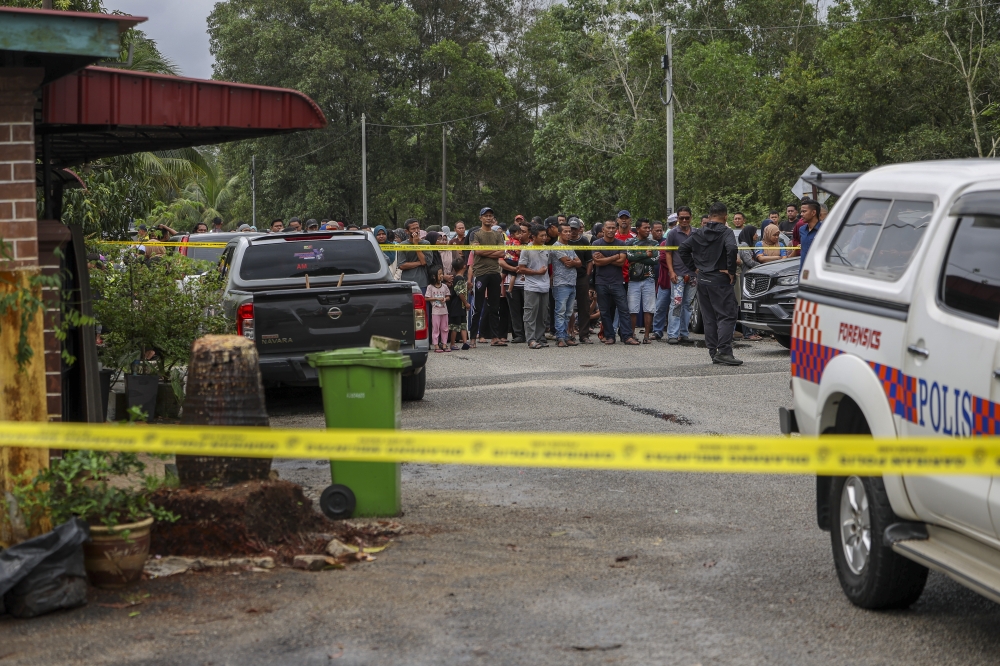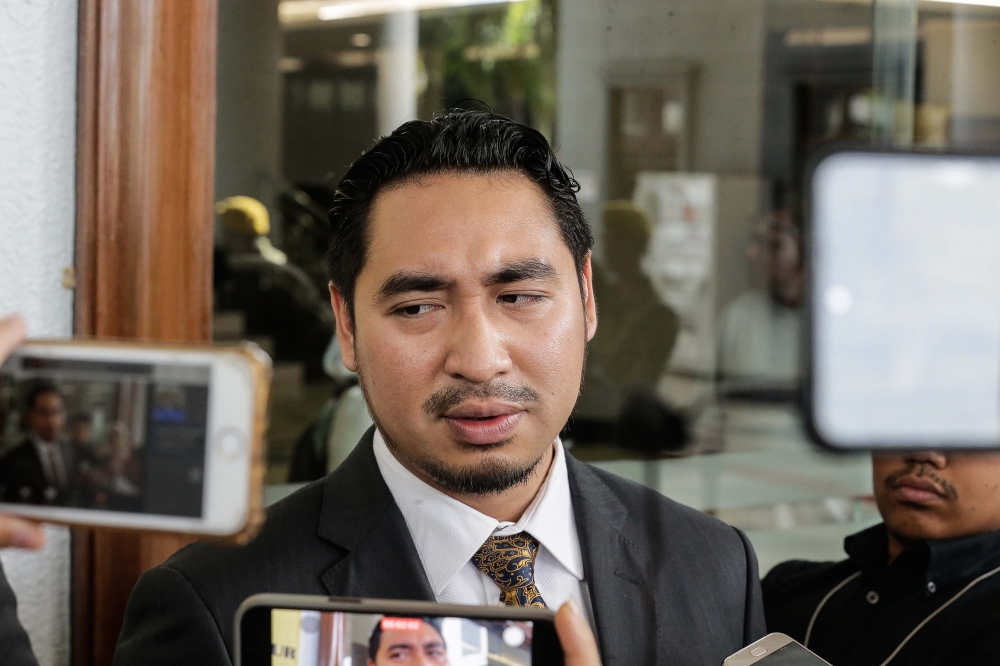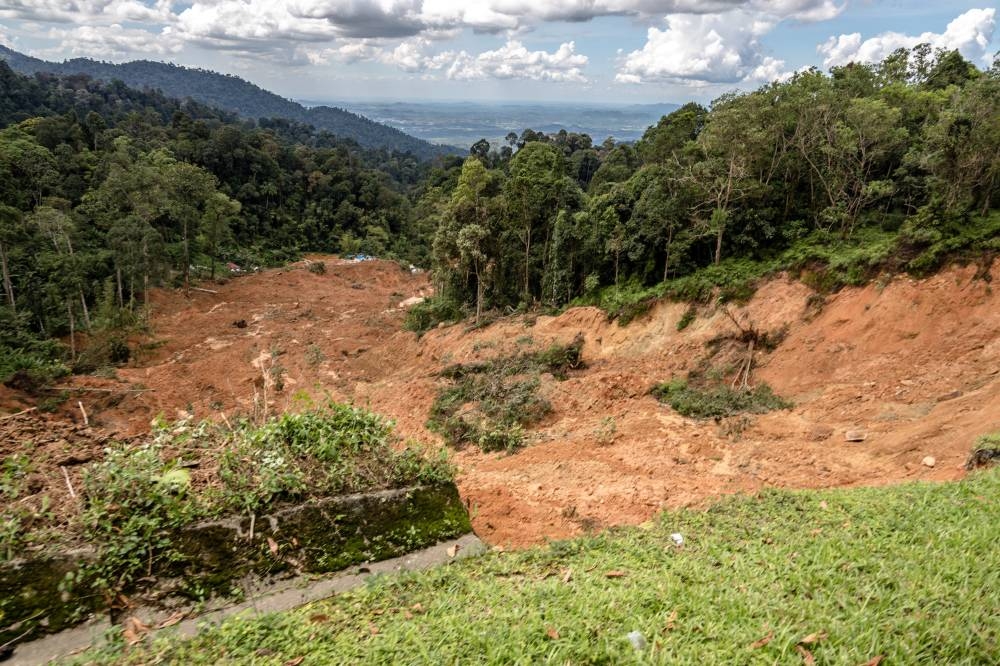KUALA LUMPUR, Dec 31 — Natural Resources, Environment, and Climate Change Minister Nik Nazmi Nik Ahmad is hoping to make future Environmental Impact Assessment (EIA) studies more transparent.
In an interview with news portal Malaysiakini published today, the first-term minister said he will meet the Department of Environment (DoE) for a full briefing on why EIA studies are no longer posted on its website for public scrutiny.
“Aside from that, I think we have to bring up the EIA studies up to 2022 expectations and standards. Maybe it was sufficient or groundbreaking when it was first introduced, but as time changes, the law can be changed,” he was quoted as saying.
He said greater transparency with regards to environmental issues is something the government will promote as the information shared will get better public involvement and better feedback.
As for concerns on the Official Secrets Act and Freedom Of Information, he said the government needs to be more upfront and trusting when it concerns environmental issues.
“I can’t commit to anything specific right now, but I am looking at environmental reporting as a whole, to see what can be done to improve in terms of transparency,” he told the news portal.
EIAs are required for projects in various sectors such as logging, plantations, land reclamation, mining and quarrying and infrastructure.
The public exhibit of the EIAs will allow stakeholders and the civil society to monitor the proposed projects.
But Nik Nazmi also said it was not easy to monitor or enforce environmental safeguards due to lack of manpower.
“Enforcement is a major challenge. In fact, a lot of our laws are world-class, but enforcement-wise, we are lacking,” he was quoted as saying.
He said the government will need to be creative in terms of getting more manpower in view of the government's fiscal constraints, such as recruiting military veterans to become rangers on a contract basis.
He said they could tap into unemployed youths and military veterans who left the service at 40 but are still able-bodied to bulk up the enforcement unit, including technical officers.
“We can complement permanent staffing with contract staffing so that later on, when the government has funding, maybe it can be permanent,” he added.





















